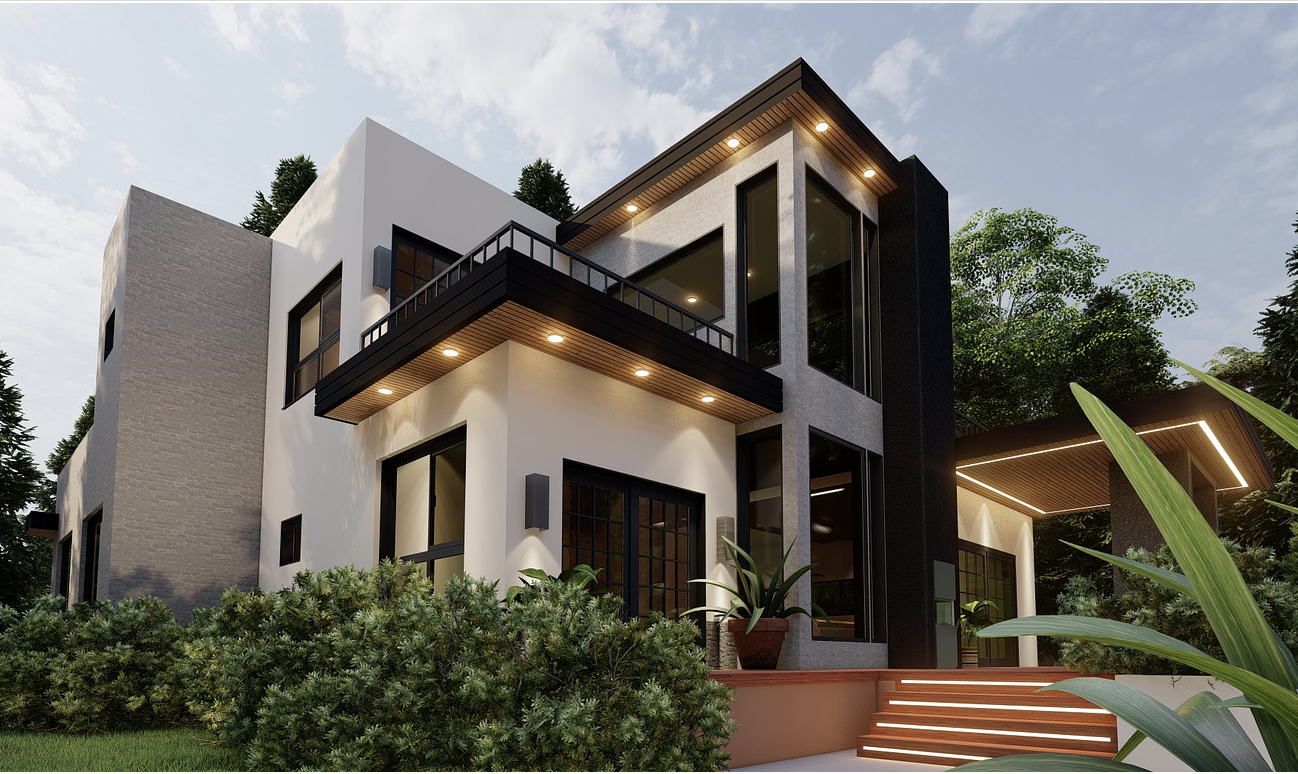New Yorkers grappling with the city's high cost of living were confronted with alarming news on Thursday: The panel responsible for regulating rent-stabilized apartments in the city debated rent hikes of up to 15.75% for two-year leases, marking the highest proposed increase in nearly 20 years.
Rent-stabilized apartments in New York City, totaling around one million units, are a vital resource for affordable housing. These units are designed to be protected from market forces that have driven rental prices for unregulated apartments to skyrocket.
In the previous year, the Rent Guidelines Board allowed the largest rent increases in nearly ten years – 3.25% for one-year leases and 5% for two-year leases – citing higher expenses for property owners.
Although the numbers discussed on Thursday indicate that tenants should brace for another rent increase, it is improbable that the board will ultimately support the highest proposed figures.
The Rent Guidelines Board is a nine-member influential body appointed by the mayor, which includes representatives for both landlords and tenants. Each year, they determine the percentage by which rent for rent-stabilized apartments can be increased. The board's annual decision is heavily influenced by lobbying from both landlord and tenant organizations and often reflects the mayor's political inclinations.
The board generally maintained low increases during the term of former Mayor Bill de Blasio, a left-leaning Democrat who aimed to reduce inequality. The rent increases last year occurred during the first year of Mayor Eric Adams' tenure, who holds more moderate views and has shown empathy for smaller landlords.
The numbers released on Thursday are preliminary estimates that the board members will consider alongside factors like renter incomes and housing affordability when deciding on a final number later in the year. By law, the board is required to take into account the "economic condition of the real estate industry," and the figures are intended to represent the rent adjustments necessary to maintain landlords' net operating income.
To calculate these estimates, the board utilizes various formulas. This year, the lowest proposed adjustments are 5.3% for one-year leases and 6.6% for two-year leases, while the highest are 8.25% for one-year leases and 15.75% for two-year leases.
The high figures at this stage of the process can be attributed to increased landlord costs for items such as fuel, insurance, maintenance, taxes, and utilities, as well as high inflation rates. For instance, fuel costs rose by nearly 20%, insurance costs by 13%, and maintenance costs by over 9%, according to the board's research.
The landlord expenses are just one aspect the board will consider. Earlier this year, it also discussed eviction rates, employment rates, and housing affordability, among other factors.
Historically, the final rent increase figures have been lower than the initially proposed numbers. The board will hold meetings over the next few weeks, with a "preliminary vote" on proposed increases scheduled for May. These proposals will take into account the experiences of both tenants and landlords, offering a more accurate indication of potential increases.
Rent and housing prices already pose significant challenges for New Yorkers, and any increase could exacerbate the situation. Last year, tenant advocates urged the board to decrease rents, arguing that the pandemic had severely impacted many of the city's lowest-income residents who are most affected by rent hikes.
City data from last year revealed that nearly 40% of rent-stabilized households spend over 50% of their income
on rent. Ideally, individuals should not allocate more than 30% of their gross income towards housing, according to a widely accepted benchmark.
Adán Soltren, a board member representing tenants who was appointed by Mayor Adams last year, suggested on Thursday that the board should conduct a similar analysis for tenants as it does for landlords.
Landlords argue that any rent increase should be at least within the upper range of the figures discussed on Thursday. They claim that because the board has typically authorized rent increases lower than the initial numbers focused on landlord costs, they have had to neglect repairs and maintenance.
Robert Ehrlich, a board member representing landlords, pointed out that property owners do not have access to the subsidies available to tenants. In the coming weeks, the Rent Guidelines Board will continue to hold meetings and evaluate factors that impact both tenants and landlords before making a final decision on rent increases for rent-stabilized apartments in New York City.









